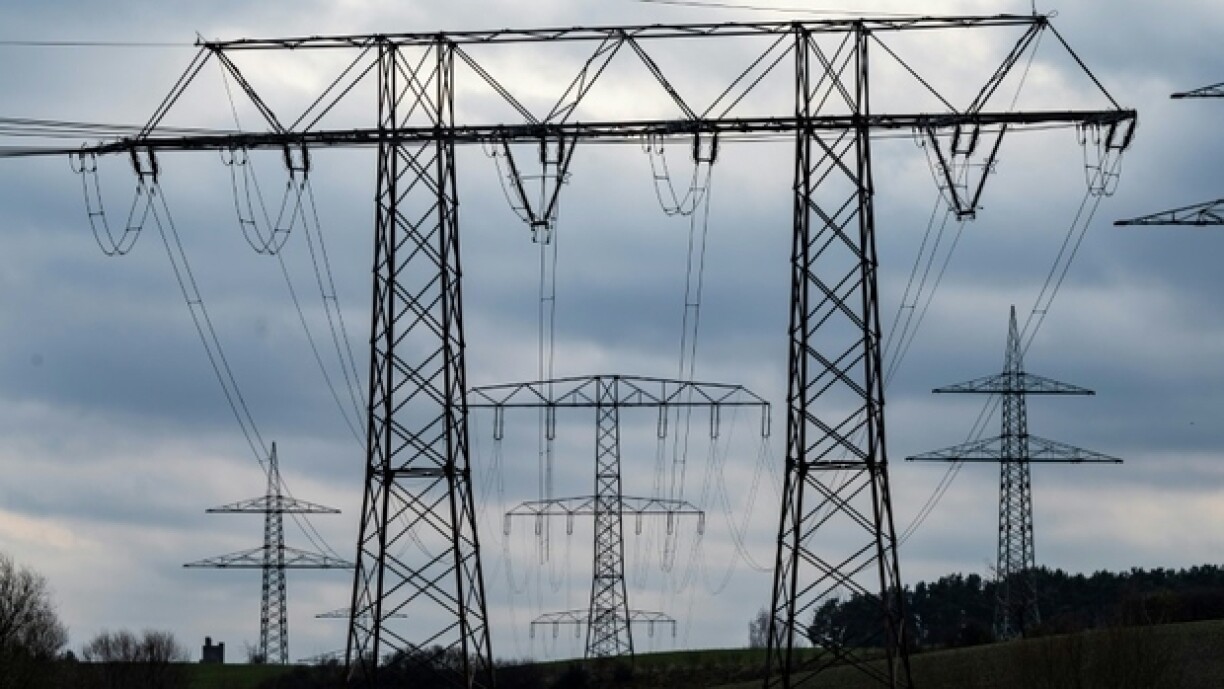
The Luxembourg Consumer Protection Association (ULC) has voiced concerns over the additional financial burden that rising electricity and gas prices will impose on households in 2025.
This increase is attributed not only to the reduction or elimination of state aid but also to a new electricity pricing structure. The ULC is particularly critical of this new structure, which, according to the Luxembourg Regulatory Institute (ILR), aims to create a fairer system and encourage consumers to use the network more flexibly as part of the ecological transition.
Read also: Electricity pricing shift: Average Luxembourg consumer’s annual bill may rise by €200 to €300
However, the ULC argues that this financial strain disproportionately affects private consumers, who are not the largest energy users. In a press release issued on Tuesday, the ULC stated, “Many consumers do not have the means to afford new programmable household appliances or to adjust their schedules according to the demands of the electricity network.” The association also highlighted that replacing functioning household appliances with programmable alternatives is not an environmentally friendly solution.
The ULC further contends that the liberalisation of the energy market in 2009 has not resulted in genuine competition. Instead, the market is dominated by Encevo, a state-controlled entity with the government as its largest shareholder, which the ULC claims dictates energy prices to the detriment of consumers. In response, the association is urging the government to implement “a truly consumer-friendly energy policy,” characterised by “fair pricing structures, greater transparency in setting tariffs, and measures to foster genuine competition.”